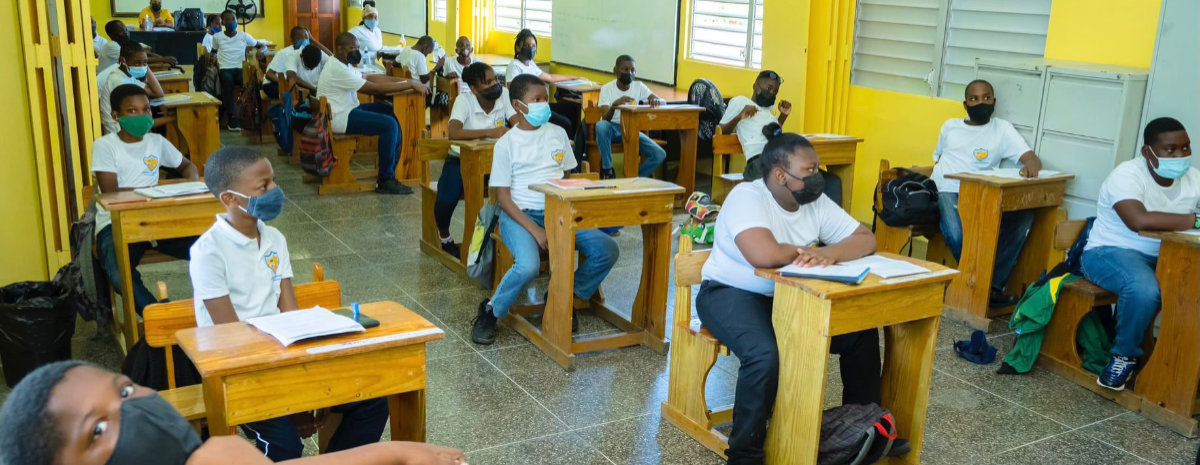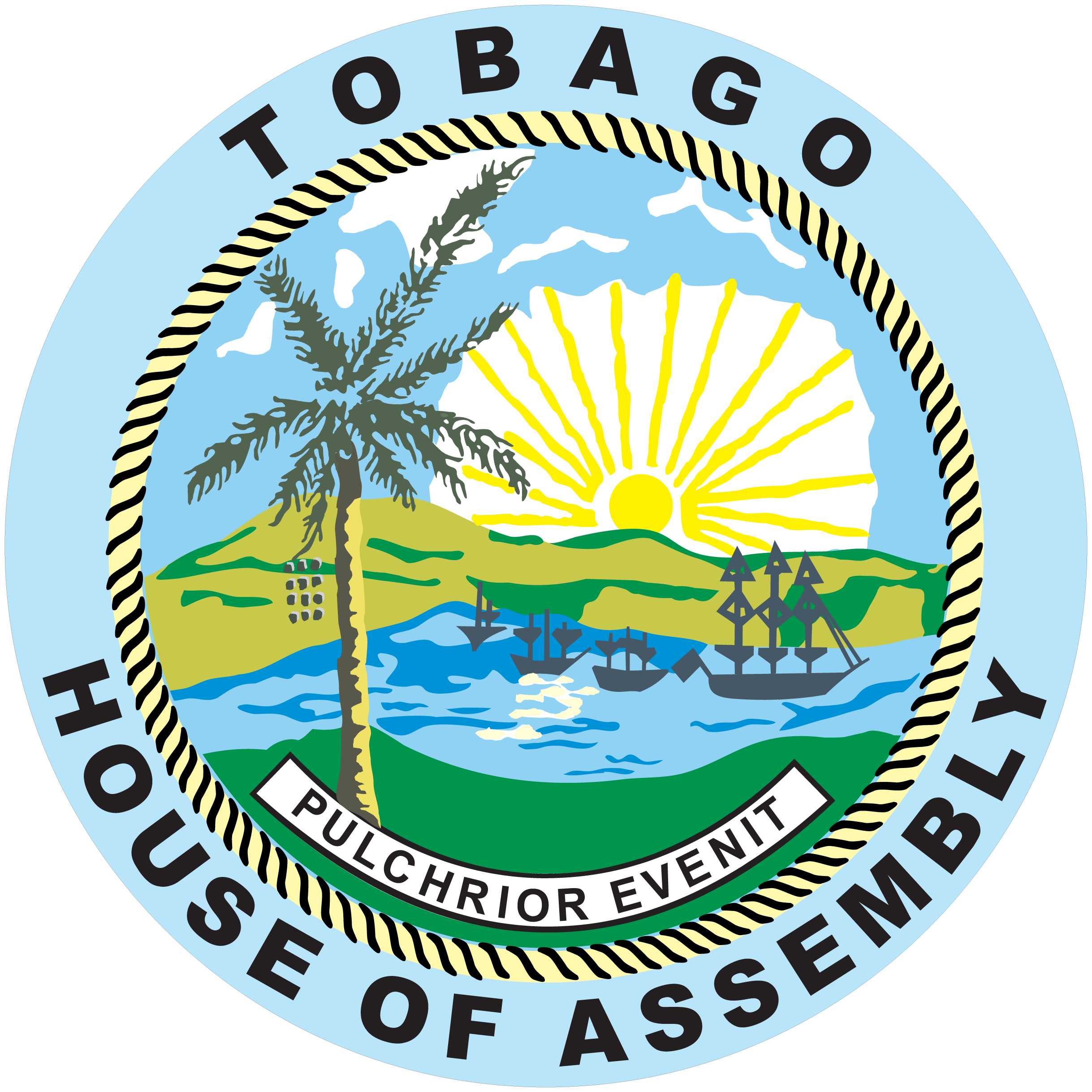Understanding Students

The dynamics of the educational system shifted due to the COVID-19 pandemic and students had to quickly adjust to these changes.
The Division of Education, Research and Technology has incorporated initiatives to not only effectively manage the virtual and infrastructural changes, but is prioritizing the emotional and mental well-being of students through student counselling.
“At the secondary level, the [counsellors] are at the school. Students are free to engage the counsellors. And we have this system; students, if they visit the counsellor’s room and they’re not there, you can write a note to that counsellor and the counsellor will contact them,” Guidance Officer II Alana Holder-Findley said, adding that students can also speak to counsellors by sending a private message through the Google classroom and during Zoom sessions, they can engage through private chat.
In addition, persons can access an online student referral form and anonymously refer a student for counselling.
Holder-Findley indicated utilising effective communication helps in understanding the students. Likewise, there are some strategies that parents can also use to help our students during this pandemic.
Here are six tips:
- Maintain open communication with your children.
- Parents should maintain the same schedule for their kids as if they were going to school.
- Play is important for smaller children to help minimize anxiety. Parents can let children lead in role-playing to better understand the issues they’re facing at home and to alleviate their fears about returning to the physical classroom.
- Utilise credible sources of information.
- Parents can take a mental health day with their children.
- Ask your child, ‘What matters to you’, and not ‘What’s wrong with you.’
Guidance counselling is provided through the Student Support Services Unit. For more information, contact 299-0781 EXT 3109.
